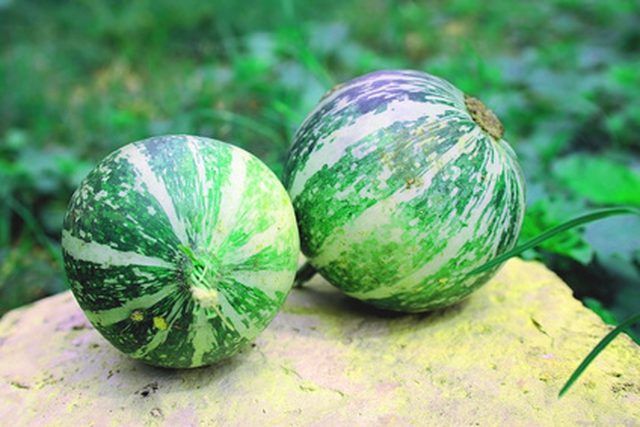Bulbs
Flower Basics
Flower Beds & Specialty Gardens
Flower Garden
Garden Furniture
Garden Gnomes
Garden Seeds
Garden Sheds
Garden Statues
Garden Tools & Supplies
Gardening Basics
Green & Organic
Groundcovers & Vines
Growing Annuals
Growing Basil
Growing Beans
Growing Berries
Growing Blueberries
Growing Cactus
Growing Corn
Growing Cotton
Growing Edibles
Growing Flowers
Growing Garlic
Growing Grapes
Growing Grass
Growing Herbs
Growing Jasmine
Growing Mint
Growing Mushrooms
Orchids
Growing Peanuts
Growing Perennials
Growing Plants
Growing Rosemary
Growing Roses
Growing Strawberries
Growing Sunflowers
Growing Thyme
Growing Tomatoes
Growing Tulips
Growing Vegetables
Herb Basics
Herb Garden
Indoor Growing
Landscaping Basics
Landscaping Patios
Landscaping Plants
Landscaping Shrubs
Landscaping Trees
Landscaping Walks & Pathways
Lawn Basics
Lawn Maintenance
Lawn Mowers
Lawn Ornaments
Lawn Planting
Lawn Tools
Outdoor Growing
Overall Landscape Planning
Pests, Weeds & Problems
Plant Basics
Rock Garden
Rose Garden
Shrubs
Soil
Specialty Gardens
Trees
Vegetable Garden
Yard Maintenance
Straw Mulch in a Vegetable Garden
Straw Mulch in a Vegetable Garden. Are you ready to spend less time working in the garden and more time enjoying it? A mulched vegetable garden requires less care and produces healthier plants with higher yields. Mulch can also help save your garden during times of prolonged drought and watering restrictions.

Are you ready to spend less time working in the garden and more time enjoying it? A mulched vegetable garden requires less care and produces healthier plants with higher yields. Mulch can also help save your garden during times of prolonged drought and watering restrictions.
Benefits of Mulching
A thick mulch will help conserve moisture in the soil and smother weeds. It will also help to prevent soil erosion and keep the soil temperature steady throughout the day. Some insect pests lay their eggs in the soil, and a thick mulch prevents the larvae from emerging, effectively interrupting their life cycle. It also helps prevent the spread of soil-borne diseases because soil will not splatter onto plants during a heavy rain.
Why Straw?
Straw is organic mulch that adds nutrients to the soil as it breaks down. It is light and airy, and won't compact down like some organic mulch. This allows water to drain through, and allows the soil to breathe.
At the end of the growing season you can work rotted straw into the soil to help improve the soil structure. Working organic material into the soil adds nutrients, improves the soil's ability to hold water and improves the aeration of the soil.
When to Mulch
Mulch summer vegetables when the soil is thoroughly warm and the seedlings are tall enough that a 2- to 5-inch layer of mulch will not bury them. Remove all weeds before applying mulch, and if the soil is dry, water deeply.
Apply mulch to cool-season vegetables in spring to keep the soil from warming too quickly. This will help extend the growing season.
Caution
Some straw contains weed seeds. To prevent spreading these seeds to your garden, use straw that is already beginning to rot rather than fresh bales. Buy straw at the end of the gardening season to use in the following year's garden. This straw should be well on its way to rotting by the time you are ready to use it. Avoid oat straw because it contains a high percentage of weed seeds.
Pine Straw Mulch
Pine straw eliminates the danger of bringing excessive weed seeds into your garden, and it is free for the taking in some areas. If you decide to use pine straw mulch you should monitor the pH level of the soil because the resin in pine straw creates an acidic environment. Soil pH test kits indicate the amount of lime needed to correct the soil's pH.